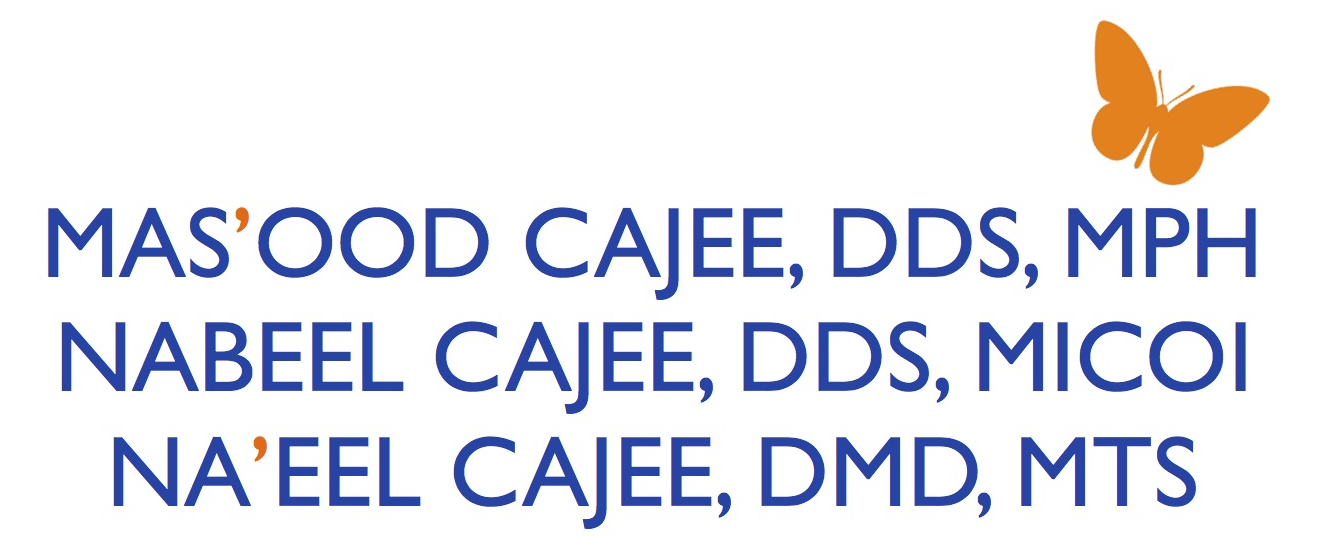How does alcohol harm my health?
/Alcohol consumption can have a variety of negative effects on health. Some of the most serious risks include liver disease, cancer, heart disease, and mental health problems. Long-term excessive alcohol use can lead to a number of serious health problems, including high blood pressure, liver damage, and an increased risk of certain cancers. Drinking can also lead to addiction, accidents, and other forms of injury, and it can worsen existing mental health conditions. Additionally, alcohol can disrupt your sleep patterns and cause memory problems. Alcohol can harm your health in many ways, both in the short term and in the long term.
Alcohol can have a number of negative effects on oral health. Some of the most common ways that alcohol can harm your teeth and gums include:
Dry mouth: Alcohol can decrease the production of saliva, which can lead to dry mouth. Saliva helps to neutralize acids in the mouth and wash away food particles, so a lack of saliva can increase the risk of tooth decay and gum disease.
Tooth erosion: The acids in alcohol can erode tooth enamel, making teeth more susceptible to decay.
Staining: Many types of alcohol, particularly red wine and dark liquors, can stain teeth.
Increased risk of oral cancer: Heavy alcohol consumption is associated with an increased risk of oral cancer.
Gum disease: alcohol can also cause inflammation of the gums and make you more susceptible to gum disease
Bruxism (teeth grinding) : Alcohol can cause teeth grinding and jaw clenching during sleep, which can lead to tooth damage and jaw pain.
Excessive alcohol consumption can greatly increase the risk of oral health problems.
There are several ways to get help for alcohol addiction, including:
Counseling and therapy: Individual, family, and group counseling can help people understand and overcome their addiction. Behavioral therapies, such as cognitive-behavioral therapy, can help people identify and change negative patterns of behavior associated with their addiction.
Medications: Medications such as naltrexone and acamprosate can help reduce cravings and withdrawal symptoms associated with alcohol addiction. Disulfiram, also known as Antabuse, is a medication that causes unpleasant symptoms when alcohol is consumed, which can serve as a deterrent to drinking.
Support groups: Support groups such as Alcoholics Anonymous (AA) provide a community of people who are dealing with similar issues and can offer emotional support and encouragement.
Rehabilitation programs: Rehabilitation programs provide a structured environment for people to detox from alcohol and get treatment for their addiction. These programs can be inpatient or outpatient, and they may include a combination of counseling, therapy, and medication.
Inpatient treatment: Inpatient treatment programs offer 24-hour medical and psychiatric care in a hospital or residential setting. These programs can be helpful for individuals who have severe addiction, a history of relapse, or co-occurring medical or psychiatric conditions.
The best approach to treating alcohol addiction will vary depending on the individual, and a combination of treatments may be most effective. It's important to talk to a healthcare professional to find the best treatment option for you or someone you know that may need help.





